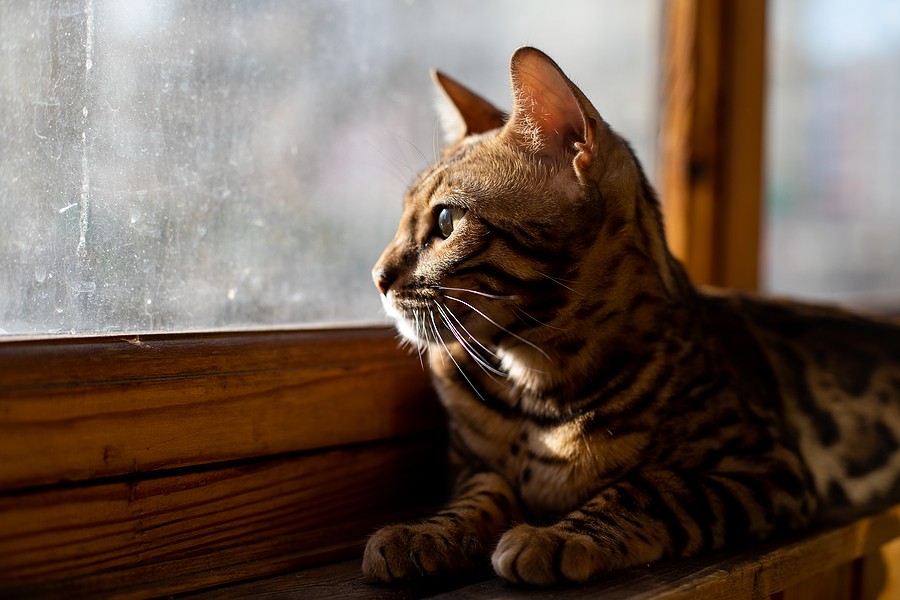As feline companions age, they may face various health challenges that require attention and care. Understanding these common issues can help pet owners provide the best possible care for senior cats. Explore five prevalent senior cat health challenges, along with valuable insights and resources to help you navigate your cats’ aging journey.
1. Dental Health Concerns
Senior cats often experience dental issues such as periodontal disease and tooth decay. These conditions can lead to discomfort, difficulty eating, and even systemic health problems.
Regular dental check-ups, professional cleanings, and proper home dental care can help maintain your senior cat’s oral health.
2. Arthritis and Joint Pain
Just like humans, elderly cats can develop arthritis and suffer from joint pain. Common signs of arthritis in cats include reluctance to jump, decreased activity, and changes in grooming habits.
Comfortable bedding, joint supplements, and appropriate pain management can alleviate discomfort and improve the quality of life for senior cats with arthritis.
3. Kidney Disease
Chronic kidney disease is a prevalent health issue in older cats. Symptoms may include increased thirst, frequent urination, weight loss, and decreased appetite.
Early diagnosis, proper hydration, and specialized diets can help manage the progression of kidney disease and support overall kidney function in aging cats.
4. Hyperthyroidism
Hyperthyroidism, a common endocrine disorder in senior cats, can lead to weight loss, increased appetite, restlessness, and other symptoms.
With timely diagnosis and treatment, including medication, radioiodine therapy, or dietary management, you can effectively manage this condition and maintain your senior cat’s well-being.
5. Cognitive Decline
Aging cats may experience cognitive decline, often referred to as feline cognitive dysfunction. Symptoms include disorientation, changes in sleep-wake cycles, and decreased interaction.
Environmental enrichment, mental stimulation, and specialized diets can support cognitive function and enhance the overall quality of life for senior cats.
Conclusion
In conclusion, understanding the common senior cat health challenges can empower pet owners to proactively address and manage these issues. By staying informed and seeking appropriate veterinary care, you can provide the best possible support for your aging feline companions. Remember, regular veterinary check-ups and open communication with your veterinarian are essential for promoting the health and well-being of senior cats.
When the time comes to say goodbye to your beloved cat, Midlands Pet Care is here for you. Contact us for compassionate and dignified end-of life options and care for your beloved feline companions.

